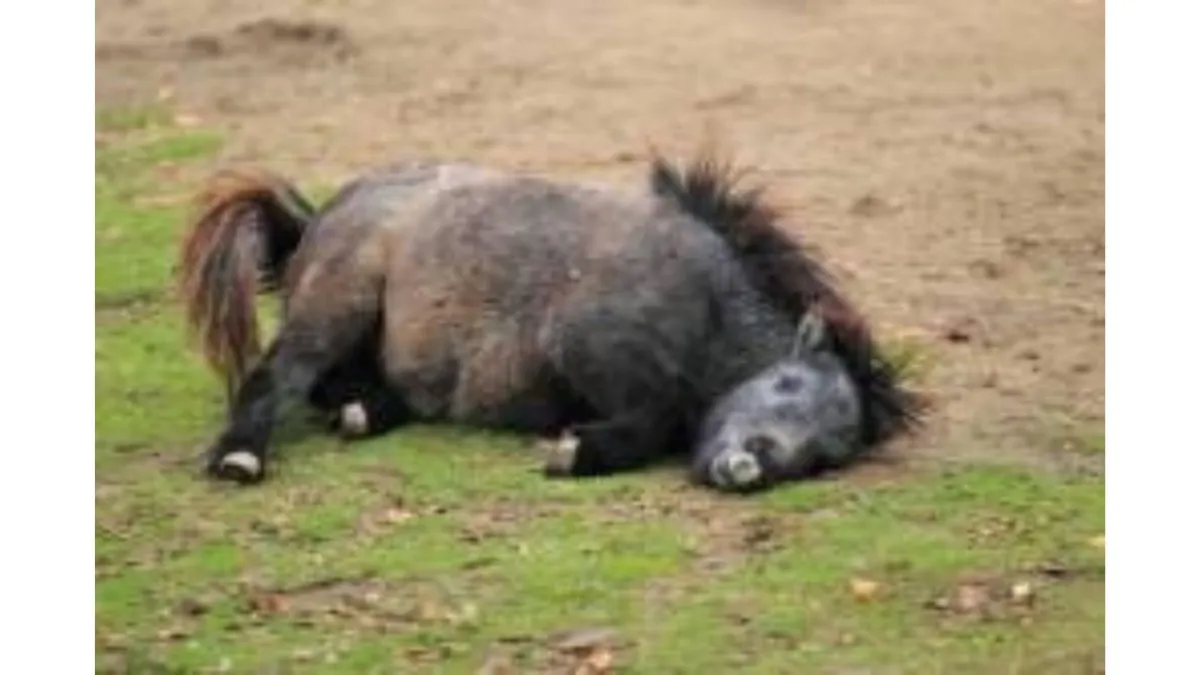
Fat Pony Founder
Ponies think fat is sexy. Ponies think fat is fun. These little animals are the sumo wrestlers of the equine world. And they don’t need chocolate bars or chips to pile on the weight. Some ponies seem to get fat just smelling an oily rag.
But that extra weight can lead to serious trouble. Obesity puts enormous stress on a pony’s body and is one of the major causes of a painful and often devastating condition called founder, or laminitis.
What Is Laminitis?
Laminitis is an acutely painful inflammation of the sensitive lining (laminae) inside a pony’s hooves, especially the front feet. It’s one of the leading causes of lameness in ponies in New Zealand.
A pony with laminitis typically stands with its front feet stretched forward and its weight shifted back, trying to take pressure off the painful area. It’s a classic “lean-back” stance and a red flag for immediate veterinary attention.
If caught early, laminitis can often be treated. But if ignored, the damage can become permanent. The hooves grow distorted and ridged, and treatment becomes very difficult, sometimes impossible.
What Causes It?
While laminitis can occasionally be triggered by inflammation from an infection (such as a womb infection after foaling), in most cases the cause is simple: too much rich grass.
Ponies evolved to live on sparse pasture, not lush ryegrass paddocks. Overeating fresh spring grass or receiving concentrates or hard feed can overwhelm their systems and trigger laminitis.
Prevention Starts With Management
The good news is that laminitis is largely preventable with proper feeding and weight control. Here’s how:
Monitor weight carefully, especially in spring when pasture growth explodes
Restrict access to pasture. This might involve stabling, yarding, or fencing off a small area with electric fencing so the pony can still see its mates but not graze freely
Feed hay instead. A slice morning and evening is usually enough and provides fibre without the risks of rich pasture
No hard feed. Don’t give plump ponies concentrates or grain. These are not necessary and can contribute to laminitis
Always provide fresh water. This is essential, especially in warm weather
Your plump little pony certainly won’t thank you for keeping it off pasture, and will probably make a point of sucking in its cheeks and staring at you reproachfully each time you pass. But when laminitis is a risk, you have to be tough to be kind.

